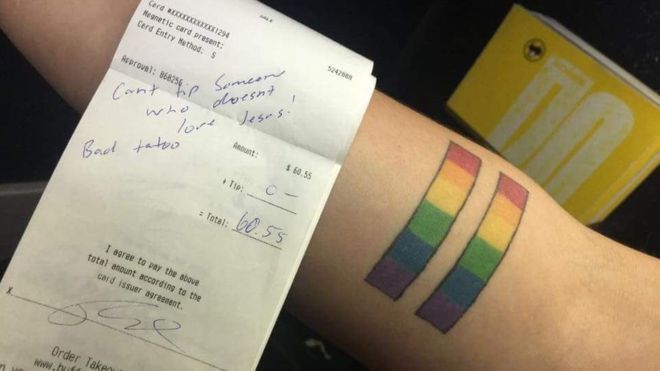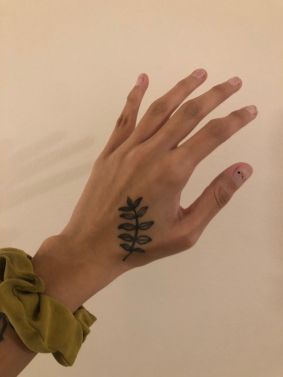For decades, tattooed members of the American workforce have faced discrimination and wage gaps. As 2018 comes to an end, just how much say do tattoos have when students apply for jobs and internships during and after college? According to a study conducted by Karoline Mortensen at the University of Miami and Andrew Timming at the University of Western Australia, which contained close to 2000 participants, not much. They actually found that individuals who have tattoos have the same chances, if not more, than tattooed candidates.
Michael French is the lead author and professor of health economics in the Miami Business School’s Department of Health Sector Management and Policy. French believes this acceptance in the workplace boils down to the increasing popularity of tattoos and employers realization of overlooking more than qualified candidates.
“Given the increasing prevalence of tattoos in society — around 40 percent for young adults — hiring managers and supervisors who discriminate against tattooed workers will likely find themselves at a competitive disadvantage for the most-qualified employees,” French said.
The Center for Career and Professional Development at Cabrini University, otherwise known as the CCPD, has discussed the matter of tattoos and how they could potentially impact an applicant when applying for a job. Mark Choquette is the assistant director at the CCPD at Cabrini University.
“Overall, studies show that it is an even split. Between 45 and 55 percent thinking, visible tattoos in the workplace are a no-go,” Choquette said. “It is the CCPD’s hope for all students to be considered for jobs and hired based on their merit and accomplishments.”

Recent incidents suggest that it is not the employers, but the customers and clients that are taking issue with workers who have tattoos. According to an article produced by BBC, a Buffalo Wild Wings server in Rockford, Illinois was refused a tip due to her equality rainbow-colored tattoo. Samantha Heaton disclosed to BBC that she felt shocked and hurt. She further explained that she never would have discussed her tattoo if they had asked her to.
Rhiannon Rostami is a former student at Cabrini University. She has worked at Vans, Whole Foods, Pets Supplies Plus and Urban Outfitters. Rhiannon is a tattooed member of the American workforce.
“Generally I’ve never run into problems with finding jobs and having tattoos and I have a hand tattoo,” Rostami said. “I have, however, ran into problems with customers being offended by my tattoos”.
Customers have made negative comments and asked Rostami if she would ever regret her tattoos when she gets a more serious job.
“This makes me angry because it makes me feel like they don’t think I am smart enough to plan out my future,” Rostami said.

According to an article produced by Forbes, Starbucks is a major business in which openly allows their employees to have tattoos and piercings of any sort. This change in the tattoo policy allowed customer-facing employees to openly exhibit their tattoos everywhere, which is a complete contrast to employees having to cover them before.
Micah Solomon is a customer service consultant and writer for Forbes. Solomon believes that Starbucks made sensible moves that other business leaders could follow.
“Today’s customers have a well-developed sense of the genuine and ‘genuine’ is something that they look for from a brand,” Solomon said. “I find as a customer service consultant that my clients who allow their employees self-expression on the job–in language, clothing, and, yes, tattoos–are better able to deliver a genuine customer experience that connects with the customer.”


